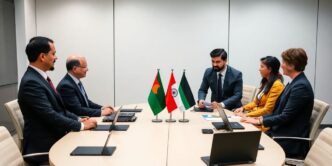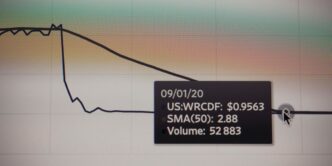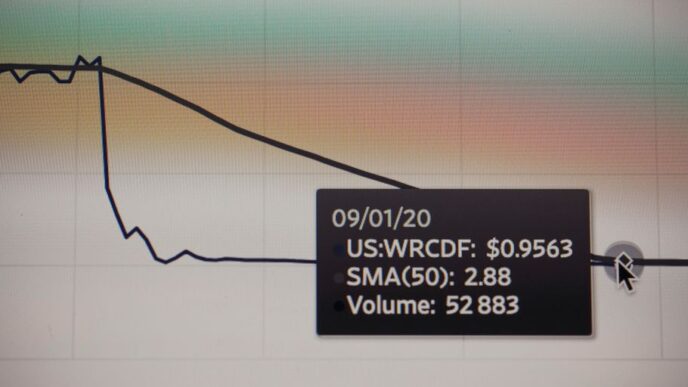In a significant move towards sustainable development, Bangladesh and Germany have signed three technical cooperation agreements worth €14.45 million. These agreements aim to enhance sustainability in the textile sector, localize national climate adaptation targets, and promote sustainable e-mobility, marking a new chapter in bilateral relations.
Key Takeaways
- Agreements Signed: Three technical cooperation agreements worth €14.45 million.
- Focus Areas: Sustainability in textiles, climate adaptation, and e-mobility.
- Key Players: Md Shahriar Kader Siddiky (Bangladesh) and Andreas Kuck (Germany).
Overview of Agreements
The agreements were signed on January 15, 2025, by Md Shahriar Kader Siddiky, Secretary of the Economic Relations Division (ERD) of the Ministry of Finance, and Andreas Kuck, Country Director of GiZ in Bangladesh. This collaboration is expected to significantly contribute to Bangladesh’s sustainable development goals.
Programme for Sustainability in the Textile Sector II (STILE-II)
- Funding: €7.3 million
- Objective: To support the modernization of Bangladesh’s textile and ready-made garment (RMG) industries to meet European Union sustainability standards.
- Key Outputs:
- Coordination efforts led by the Ministry of Commerce to align the textile sector with EU standards.
- Implementation of policies to strengthen the textile and RMG sectors.
- Promotion of gender equality in working conditions.
Support for the Localization of National Climate Adaptation Targets (LOCAT)
- Funding: €3 million
- Objective: To enhance the capacity of local governments in implementing City Climate Action Plans aligned with Bangladesh’s National Adaptation Plan.
- Key Outputs:
- Development of gender-responsive urban climate action plans.
- Establishment of a multi-level learning framework for city climate action.
Transition to Sustainable E-Mobility (Trans2SMo)
- Funding: €4.15 million
- Objective: To promote sustainable electric mobility through collaboration among policymakers, businesses, and academic institutions.
- Key Outputs:
- Strengthening legal and administrative frameworks for electric mobility.
- Capacity-building initiatives for professionals in various sectors.
- Pilot projects to demonstrate the viability of electric vehicles in selected cities.
Conclusion
The signing of these agreements signifies a milestone in the ongoing partnership between Bangladesh and Germany. Both nations are committed to advancing sustainable development in critical sectors, including textiles, climate adaptation, and e-mobility. These initiatives are expected to play a crucial role in achieving Bangladesh’s goals of sustainable economic growth, environmental stewardship, and gender equality.
Sources
- Bangladesh, Germany strengthen coop thru new technical agreements for sustainable development | Business, Bangladesh Sangbad Sangstha (BSS).
- Bangladesh, Germany ink 3 technical agreements worth €14.45m, Dhaka Tribune.
- Bangladesh, Germany ink 3 technical agreements worth €14.45m | The Business Standard, The Business Standard.














